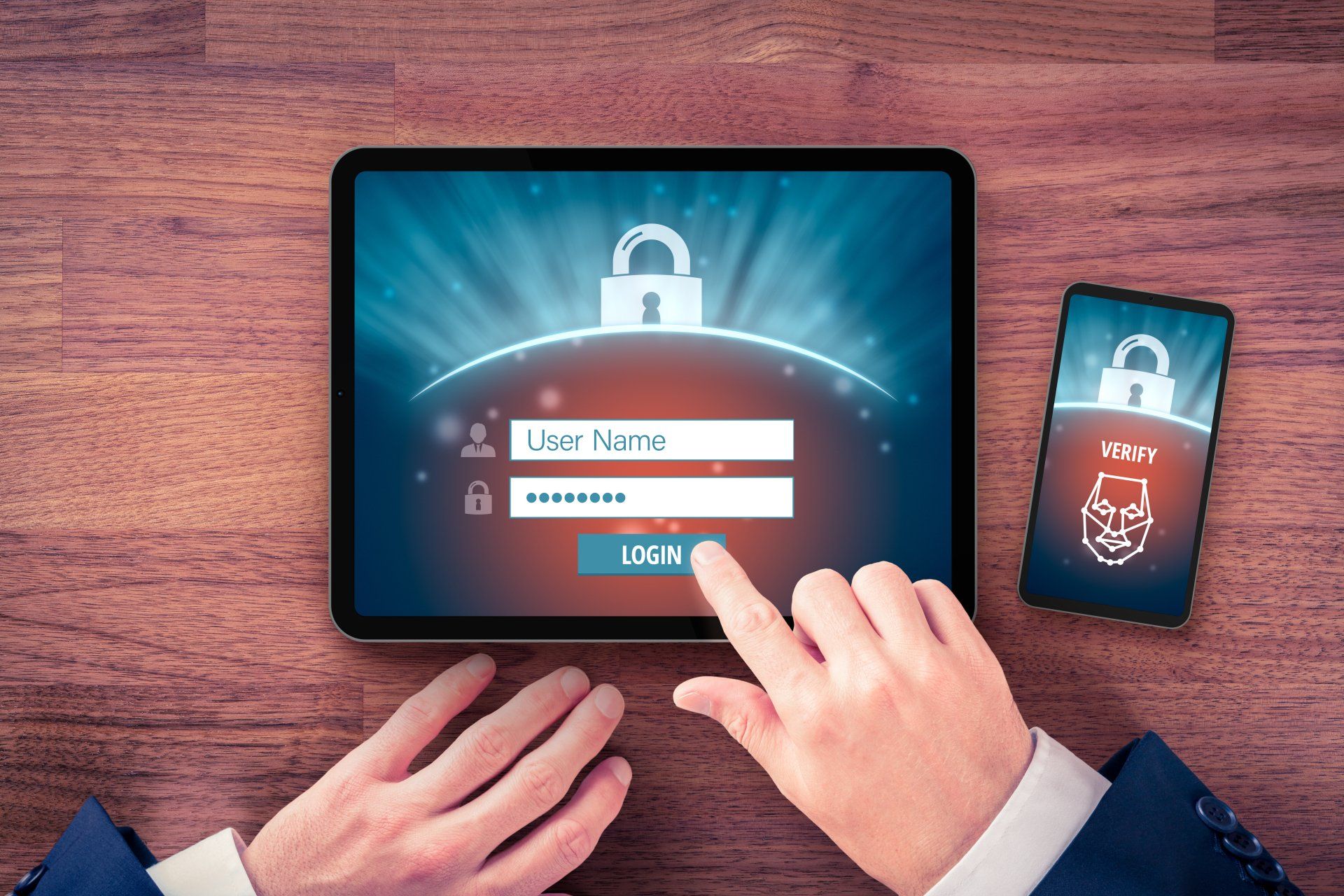BYOD and Compliance Requirements
BYOD and Compliance Requirements

While using personal devices for compliance-related work is permissible, it requires robust security measures to ensure compliance. This includes encrypting the device, using strong passwords and authentication methods, and ensuring personal and compliance related data is not accessed in unauthorized locations or through unsecure networks. Additionally, healthcare and finacial workers need to be trained on compliance guidelines and the risks associated with using personal devices.
Here's a more detailed breakdown:
Security Measures:
- Encryption:
- Devices should be encrypted to protect PHI even if the device is lost or stolen.
- Strong Passwords and Authentication:
- Use complex passwords or biometric authentication (like fingerprint or facial recognition) to prevent unauthorized access.
- Secure Networks:
- Access PHI/Finacial Data Systems only through secure, encrypted networks (e.g., VPN) and avoid public Wi-Fi.
- Device Lock/Logoff:
- Enable automatic lock/logoff features to disconnect from the device when left unattended.
- Remote Wipe:
- Implement a remote wipe feature to erase PHI from the device if it's lost or stolen.
- Secure Communication:
- Use compliance-compliant email and secure communication tools.
- Security Awareness Training:
- Employees should be trained on the risks of using personal devices and how to protect PHI.
- Secure Workspace:
- Access PHI in a private, secure location where unauthorized individuals cannot view or overhear sensitive information.
Key Considerations for BYOD (Bring Your Own Device):
- Data Separation:
- Implement policies to separate personal and work-related data, such as using distinct profiles or containers.
- Application Management:
- Manage applications on the device to ensure they are compatible with complinace requirements and do not pose security risks.
- Network Access Controls:
- Enforce network access controls to limit access to the corporate network and PHI.
- Third-Party Vendor Agreements:
- If third-party vendors are involved, ensure they have Compliance Required Business Associate Agreements (BAAs) in place.
- Regular Monitoring:
- Monitor system access for suspicious or unauthorized activity.
In essence, while using personal devices for work that requires adhereing to compliance requirements is possible, it's crucial to prioritize security and follow your governing bodies guidelines to protect patient and client information. This is just part of the guidelines. The real difficult part is implementing all of the above in cost effective manner.



